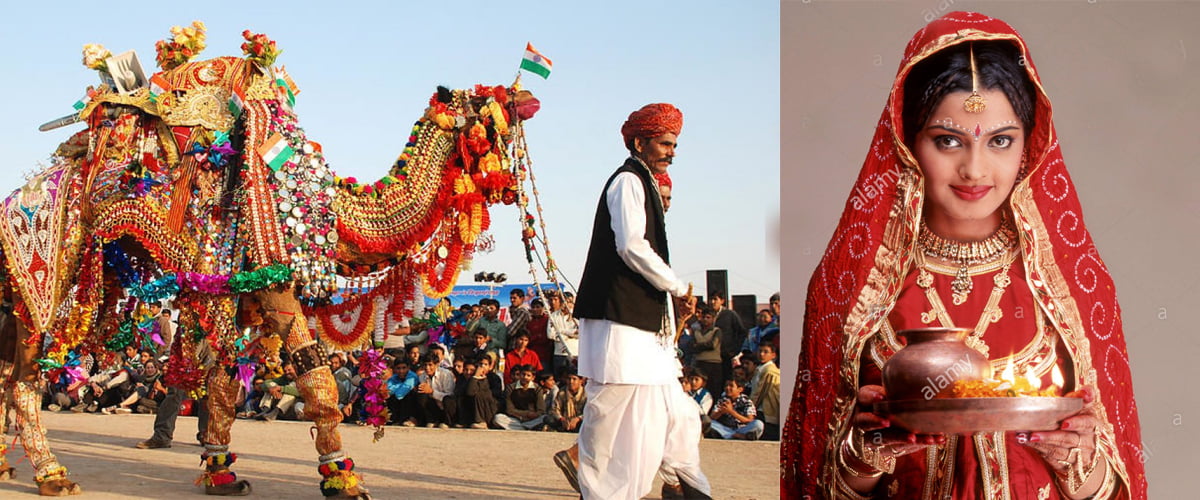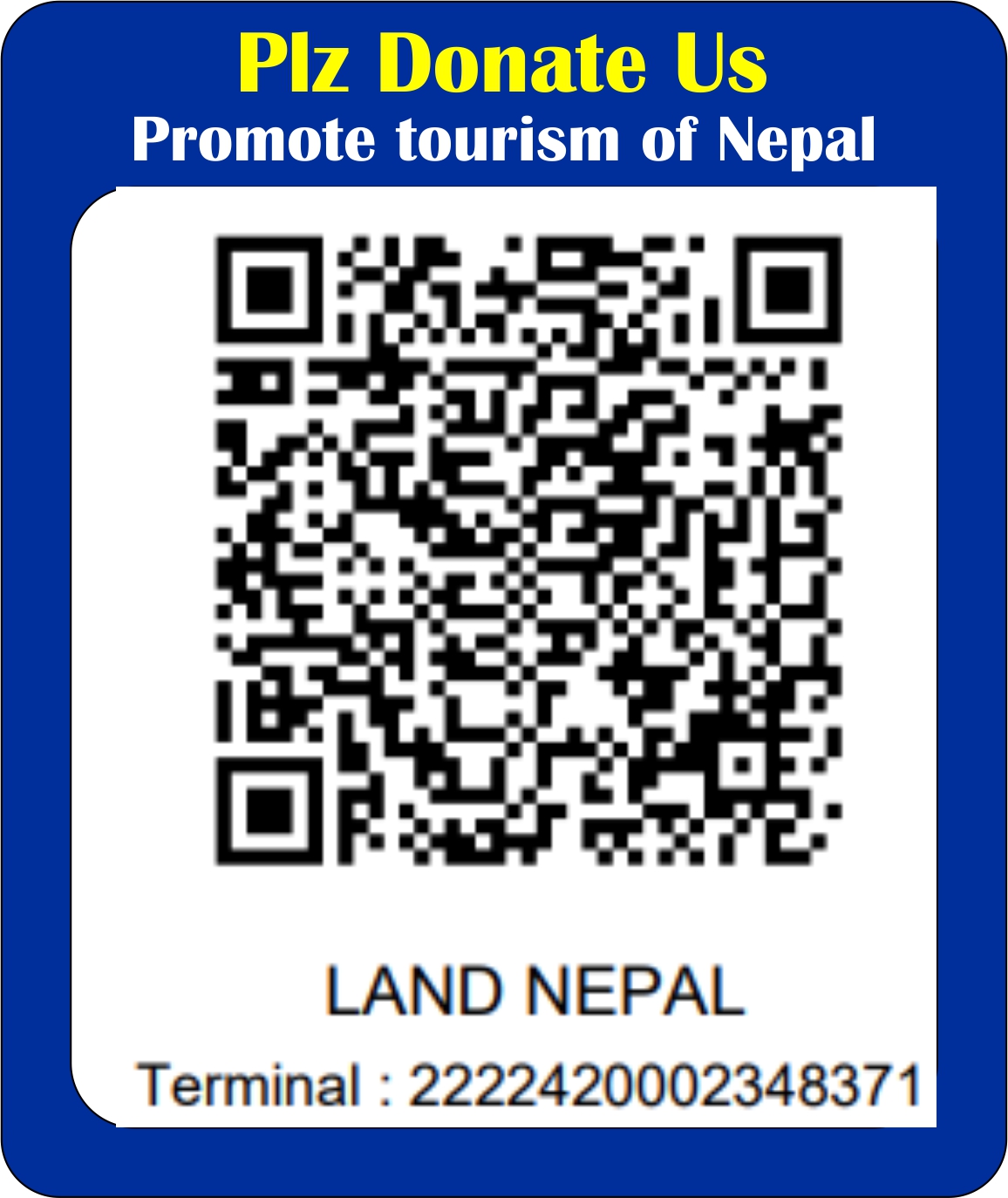Marwari or Marwadi is one the renowned community amongst all. The language Marwari people speak is also called Marwari. When people hear the word Marwari the first thing which strikes their mind is Rajasthan. The origin of Marwari’s in Rajasthan. Marwari’s are known for their business skills. There is also a saying in our Marwari community that you can’t find even a single Marwari who is a beggar. Marwari are known for their traditions and customs too. Marwari people are said to be very religious, traditional, and old-fashioned people. But in reality, it differs from family to family. Being a Marwari I can approve one of these beliefs that maximum Marwari are into business and yes they have a business running in their blood. The Marwari community has a saying that rather earn only two rupees but make sure you must have peace around you that’s the reason that maximum Marwari’s are into their own business rather than working under someone.
Marwaris are very popular for the celebration they do throughout the year and also in the birth and marriage of their children. Being a Marwari my friends and non-Marwari peoples were always curious about almost every small to big celebration happening in my family. As Marwari’s are pure vegetarian and still they afford to have hundreds of dishes in vegetarian food even excites nonvegetarian ones to try all those dishes at least once. I had my maximum friends due to the lunch box which my mother used to make. If we come into the celebration stuff then no matter how small the reason is we are never behind in celebrating. As in when a child is born in our family then the rest of the family is not allowed to do prayers in the house. The temples in the house are remaining untouched for few days until everything is said pure. Only daughters of the house are allowed to enter the temple till then. And then we have a naming ceremony which is also called Nwaran/Namkaran. At that time we worship and pray for the wellbeing of the child and then the initial of the name is given after that the family chooses a name for the child with that initial. And then we have a small tradition of worshiping hand pump which is called Jalwa in Marwari. Then we have a party and a family gathering too. One can even perform all these rituals in one day or one can even take two days to perform it more grandly. Then after few months when it’s time to feed them some actual cereals and foods a small gathering is done on that day too. Though this all things sound very simple when you become a part of such gatherings you get to know about it more properly. Marriages in Marwari families are very complicated, grand, and time taking.
The preparation starts one or two months before. At very first the cards are given to be printed then the shopping starts. For each ritual, different outfits are bought. The hotels are booked for guests. We have the very first ritual which is praying god and inviting them before anyone else. And then after that ritual is performed we have the function of Mehndi which is basically henna applying ritual to the bride, groom, and other relatives too. Many short rituals also happen side by side these days. After henna is done then we have a ritual called “Chiknikothli” in which the sister and daughters of the house will take the bride’s lehenga (outfit of marriage) to the bride’s house and hand it over to her. Then we have Mangalpath which is a ritual where all of us gather including both the bride and groom family and sing some spiritual songs for few hours and invite all the gods and goddesses to bless them. After these 4 days, our main functions for marriage starts. We have Haldi in which we use turmeric in the full body of both bride and groom. It’s done to bring brightness in their out appearance. Then we have the sangeet which is one of the most enjoying functions of all. Here all the members of both families prepare performances and do a stage show. After that we have Dukhau it is the start of the marriage when the groom takes Barat (the groom’s family dances and goes to the bride’s house) and enters where the marriage will happen. Some rituals are performed in the door before entering and then both bride and groom are on stage when Varmala (both of them put garland on each other) happens. After that photoshoot happens for a few hours and dinner too. Then everyone gets changed for the Phera (a ritual in which mantras will be chanted and bride and groom will take 7 rounds of fire and 7 promises). After Phera groom puts a red color in the bride’s middle partition which is called Sindur. Then the groom ties a necklace in her neck which is called the mangal sutra. After all, this is done we have Juta xupai which is done by the sister of the bride in which they will hide the shoes of the groom and take money for the groom in the change of shoes. And then we have Bidai where the bride bids a final bye to her family and becomes a member of the groom’s family. Each custom here has its importance. This isn’t the end after this also there are many rituals. But the main ones are here. Being born in a Marwari family is a blessing where you can witness such beautiful things and can explore so much more about the traditions.
-Article written by: Sakshi Agrawal for Land Nepal




